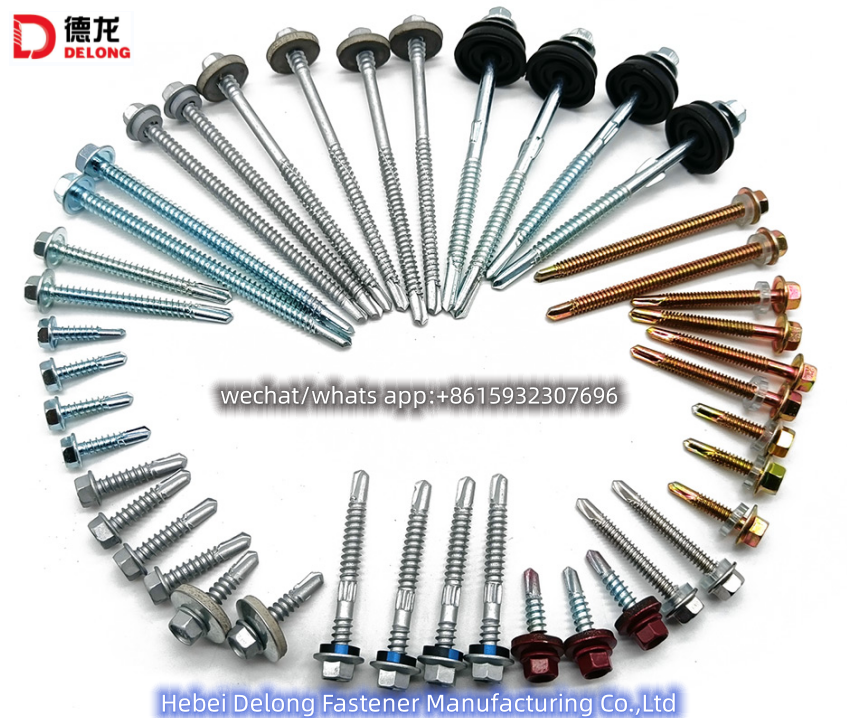Specifications for Flat Washer Products in Various Sizes and Materials
Understanding Flat Washer Specifications and Their Applications
Flat washers are essential components in a wide array of mechanical and construction applications. They serve as spacers, load distributors, and insulators, helping to prevent damage to surfaces and distribute the load of screws, bolts, and nuts. Understanding the specifications associated with flat washers can be critical for engineers, designers, and anyone involved in assembly work. In this article, we will delve into the various specifications concerning flat washers, discussing their materials, sizes, standards, and applications.
Material Specifications
Flat washers are manufactured from various materials, each offering unique properties suited to different applications. Common materials include
1. Steel Often galvanized or coated for corrosion resistance, steel washers are widely used due to their strength and durability. 2. Stainless Steel Offering superior corrosion resistance, stainless steel washers are ideal for applications in harsh environments, such as marine and chemical industries. 3. Plastic While less common, plastic washers can be used for electrical applications where insulation is necessary, or in environments that require lightweight components. 4. Brass Known for its machinability and resistance to corrosion, brass washers are often used in plumbing and electrical applications.
The choice of material largely depends on the environmental conditions and mechanical requirements of the application.
Size Specifications
The size of flat washers can vary significantly based on the application requirements
. Here are some key sizing specifications to consider1. Outer Diameter (OD) This is the total diameter of the washer, affecting how it distributes the load. 2. Inner Diameter (ID) The hole through the center of the washer must accommodate the size of the bolt or screw it is paired with. 3. Thickness The thickness of the washer matters in load distribution and strength; thicker washers can provide better support for larger bolts.
When selecting a washer, it is critical to ensure that the dimensions align with the specifications of the fasteners being used. Common standards for washers include the metric system and the imperial system, necessitating accurate measurement for compatibility.
flat washer specs products

Standards and Specifications
Flat washers often adhere to specific industry standards to ensure quality and performance. Two widely recognized standards include
1. ANSI/ASME B18.22.1 This standard covers flat washers used in conjunction with bolts and screws, detailing the various specifications like dimensions and tolerances. 2. ISO 7089 This international standard provides specifications for flat washers in metric sizes, ensuring consistency in manufacturing and performance across the globe.
Compliance with these standards not only helps in achieving quality control but also ensures that the washers can be relied upon in critical applications.
Applications of Flat Washers
Flat washers find use in numerous applications across different industries, including
- Construction They are commonly used in structural assemblies to spread the load of fasteners across a larger area, reducing the risk of damage to materials. - Automotive In automotive applications, flat washers help secure components, particularly in cases where vibrations can loosen fasteners. - Electronics Used for mounting circuit boards and securing components, plastic and metal washers provide insulation and structural support. - Furniture In furniture assembly, washers are often used to secure connections while protecting surfaces from damage.
Conclusion
Understanding flat washer specifications is essential for the successful implementation of fasteners in various applications. By selecting the appropriate materials, sizes, and adhering to industry standards, one can ensure optimal performance and reliability. As industries continue to evolve, the role of flat washers remains indispensable, supporting the integrity of countless mechanical assemblies and installations. Whether you're designing a new product, maintaining machinery, or assembling structures, flat washers are fundamental components that should never be overlooked.
-
Top Choices for Plasterboard FixingNewsDec.26,2024
-
The Versatility of Specialty WashersNewsDec.26,2024
-
Secure Your ProjectsNewsDec.26,2024
-
Essential Screws for Chipboard Flooring ProjectsNewsDec.26,2024
-
Choosing the Right Drywall ScrewsNewsDec.26,2024
-
Black Phosphate Screws for Superior PerformanceNewsDec.26,2024
-
The Versatile Choice of Nylon Flat Washers for Your NeedsNewsDec.18,2024










